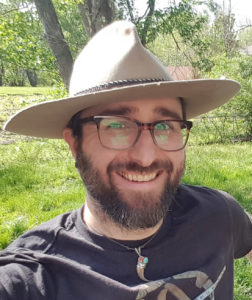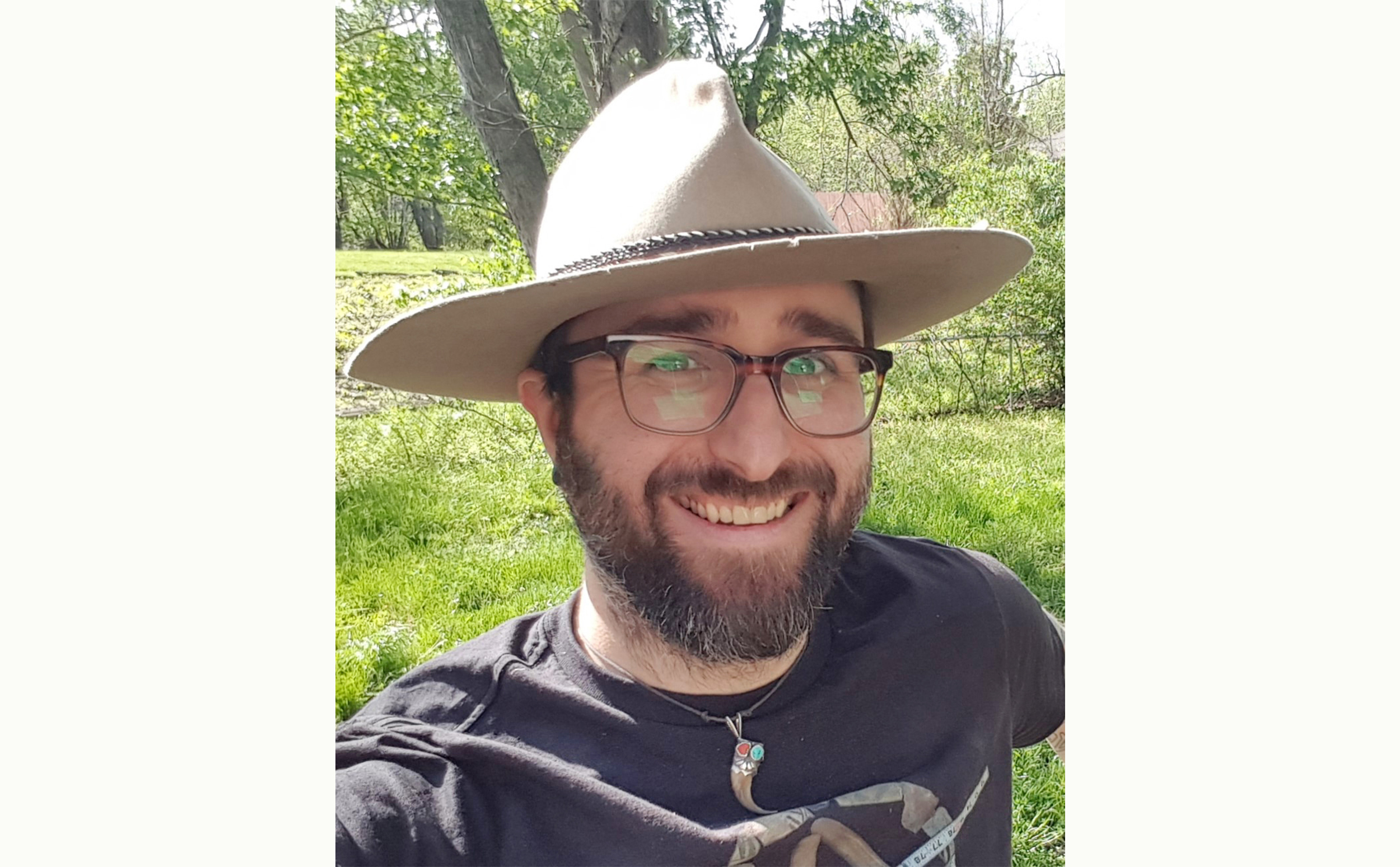February 1, 2021

Lewis Borck
Las Vegas, N.M. – New Mexico Highlands University anthropology professor Lewis Borck is a panelist at a Feb. 3 virtual discussion that explores how renewed organizing among Black, Indigenous and other heritage professionals happened globally in 2020.
Sapiens, an anthropology magazine, is sponsoring the event. It is part of a webinar series called “From the Margins to the Mainstream: Black and Indigenous Futures in Archaeology.”
“I will be talking about grassroots organizing for archaeologists from my experience in helping organize the Black Trowel Collective in 2015,” Borck said. “In 2020, this international collective of archaeologists organized a micro grant program for students from historically excluded and working-class backgrounds.”
Borck said the main goal of the micro grant program is to help the students get past financial emergencies and stay in the archaeology discipline when they have other barriers like lack of child care.
Borck said the webinar is timely because there is a renewed interest among archaeologists in alternative organizing strategies that aren’t institutionally organized.
The primary organizers for the webinar are the Indigenous Archaeological Collective and the Society of Black Archaeologists.
Borck joined the Highlands University faculty fall semester 2020. He completed his Ph.D. in anthropology with an emphasis in archaeology from the University of Arizona in 2016. His doctoral dissertation was titled, “Lost Voices Found: An Archaeology of Contentious Politics in the Greater Southwest, A.D. 1100 – 1450.”
Borck is an archaeologist who primarily studies the culture of past peoples in the U.S. Southwest and focuses on examining how social movements shaped religion and politics through time.
“I’m interested in how history is created, looking at how modern bias can create that history, and looking at revolutions in the past,” Borck said.

